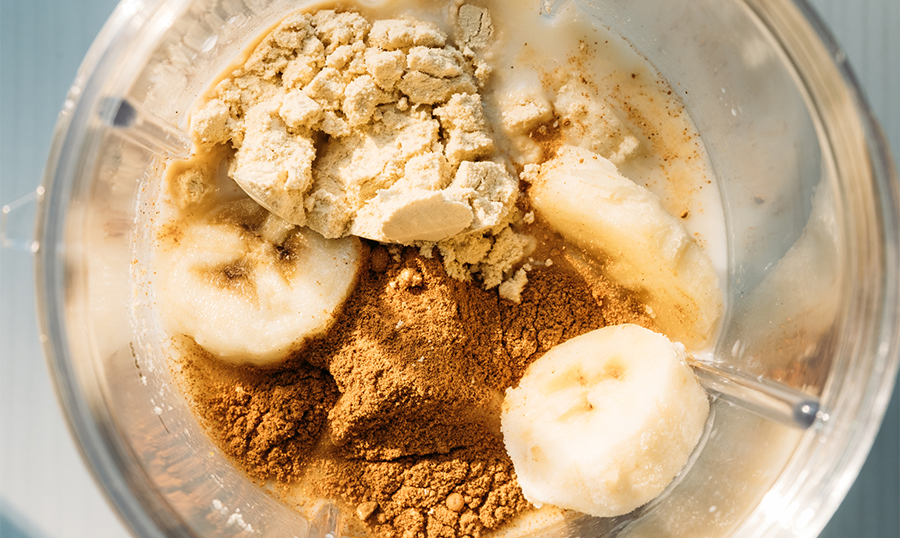The 30-Gram Rule: How Much Protein Do You Need to Maintain Muscle?

If you’re aiming for longevity, muscle maintenance, or steady energy throughout the day, protein is your friend.
Stanford researchers recommend 1.2 (1.6 grams of protein per kilogram of body weight daily for adults over 50), which is about 90 to 120 grams for someone who weighs 165 pounds.
Why so much? Because of something called anabolic resistance (your body becomes less efficient at processing protein as you age), it’s recommended to shoot for 30 to 35 grams of protein per meal, especially after resistance training. Why so much? Hitting protein targets consistently is about more than just muscle.
Why Protein Matters:
- Preserve and build muscle mass: Adequate protein helps counteract sarcopenia—the natural loss of muscle mass with age. A study in the Journal of Cachexia, Sarcopenia and Muscle shows that protein combined with resistance training can slow and even reverse sarcopenia in older adults.
- Support metabolic health: Protein has a higher thermic effect than carbs or fats, meaning your body burns more calories digesting it. It also helps regulate blood sugar and insulin levels, which supports metabolic resilience.
- Boost workout recovery: Consuming 30-35 grams of protein post-workout helps maximize muscle protein synthesis, which is essential for rebuilding tissue and reducing soreness (source).
- Enhance longevity potential: Studies suggest that higher protein intake in midlife is linked to lower frailty and better physical function in later years.
Here’s the kicker: one egg only has 6-8 grams of protein, so if you’re relying on your morning scramble alone, you’re coming up short. Here’s a handy guide to see just how much protein you need per meal
Here’s How to Get 30grams of Protein
Here’s what 30 grams of protein looks like in real life:
Breakfast
- 3 eggs + ¾ cup cottage cheese = ~32 grams
- Smoothie with 1 cup Greek yogurt + 1 scoop whey or plant protein powder = ~30 grams
Lunch
- 4 oz grilled chicken breast + 1 cup cooked quinoa = ~33 grams
- 4 oz seared ahi tuna + ½ cup edamame + 1/2 cup cooked brown rice = ~30 grams
Snack
- 1 protein shake with whey or plant-based powder = ~25-30 grams
- 1.5 cups edamame + handful of almonds = ~30 grams
Dinner
- 4 oz salmon or tofu + 1 cup lentils = ~30 grams
- 5 oz grass-fed beef + veggies = ~30-35 grams
Protein isn’t just for athletes, it’s a cornerstone of aging well. And you don’t need to down endless shakes or pile your plate with steak, but you do need to be strategic. Spread your protein intake across the day to fuel longevity, strength, and vitality. Because thriving at every age takes more than hitting the gym, it takes nailing your plate, too.
The information provided in this article is for educational and informational purposes only and is not intended as health or medical advice. Do not use this information to diagnose or treat any health condition. Always consult a qualified healthcare provider regarding any questions you may have about a medical condition or health objectives. Read our disclaimers.
Living a long life; influenced by genetics, environment, and lifestyle.
Learn More


